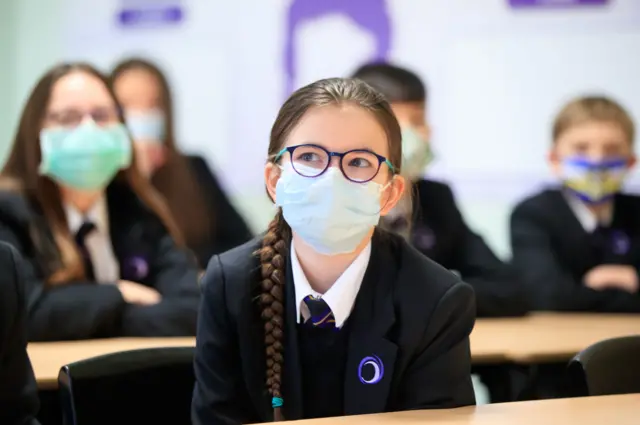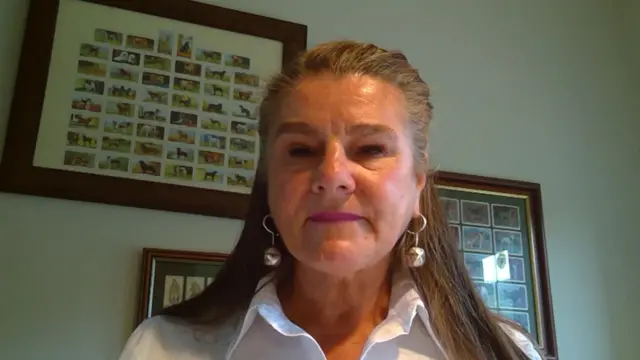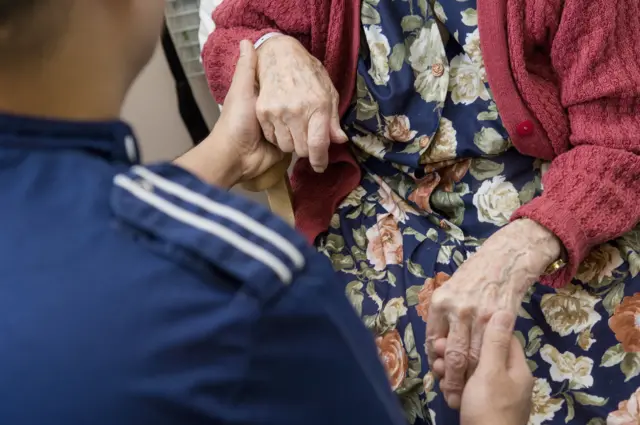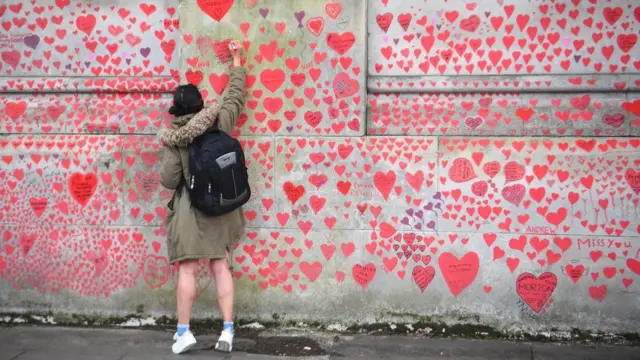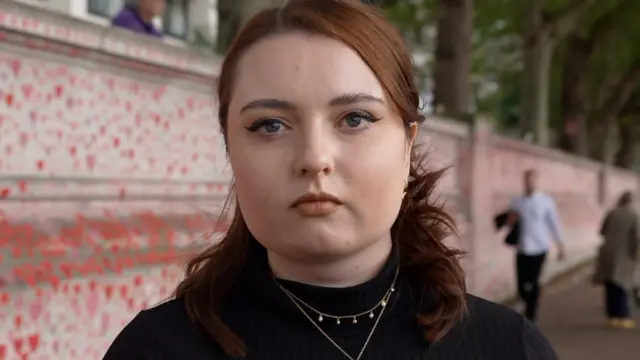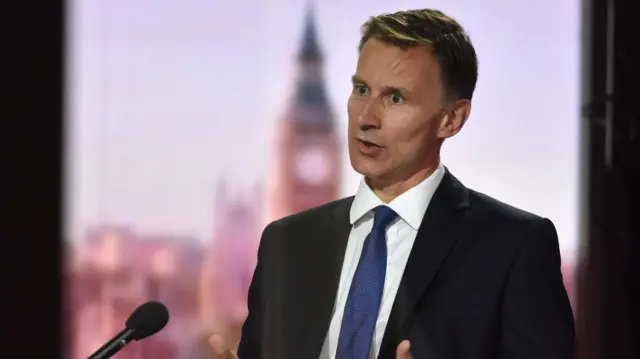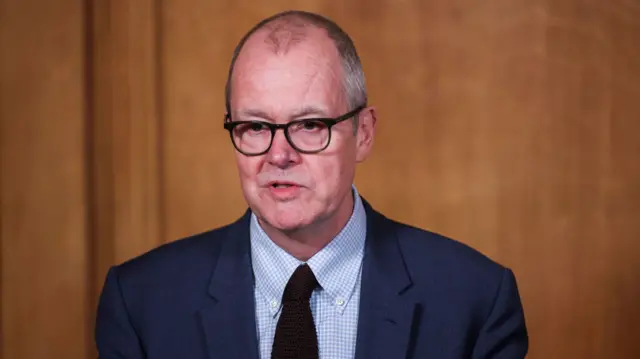What is herd immunity?published at 13:18 BST 12 October 2021
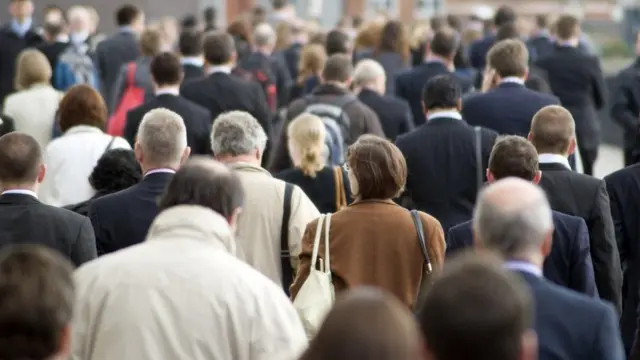 Image source, Getty Images
Image source, Getty ImagesToday's report says the government's actions in the early days of the pandemic amounted to "herd immunity by infection" - something it has always denied.
What is herd immunity: It is a scientific term describing the point at which a population is protected from a disease, either by enough people being vaccinated or by people having developed antibodies by having the disease.
Why is it controversial: In March 2020, one policy option cited was to protect the most vulnerable and let others who were likely to suffer less severe symptoms catch the virus, build herd immunity and limit the need for lockdowns. This feeds into the question of whether the UK locked down too late.
What was said at the time: The government's chief scientific adviser, Sir Patrick Vallance appeared on Sky News, external on 13 March 2020, claiming about 60% of the population would need to contract the virus to achieve herd immunity.
The committee's report notes that Sir Patrick insisted that his comments at the time did not amount to "a policy to seek herd immunity but... a description of the situation".
Here's what we know about herd immunity and the Covid pandemic.
